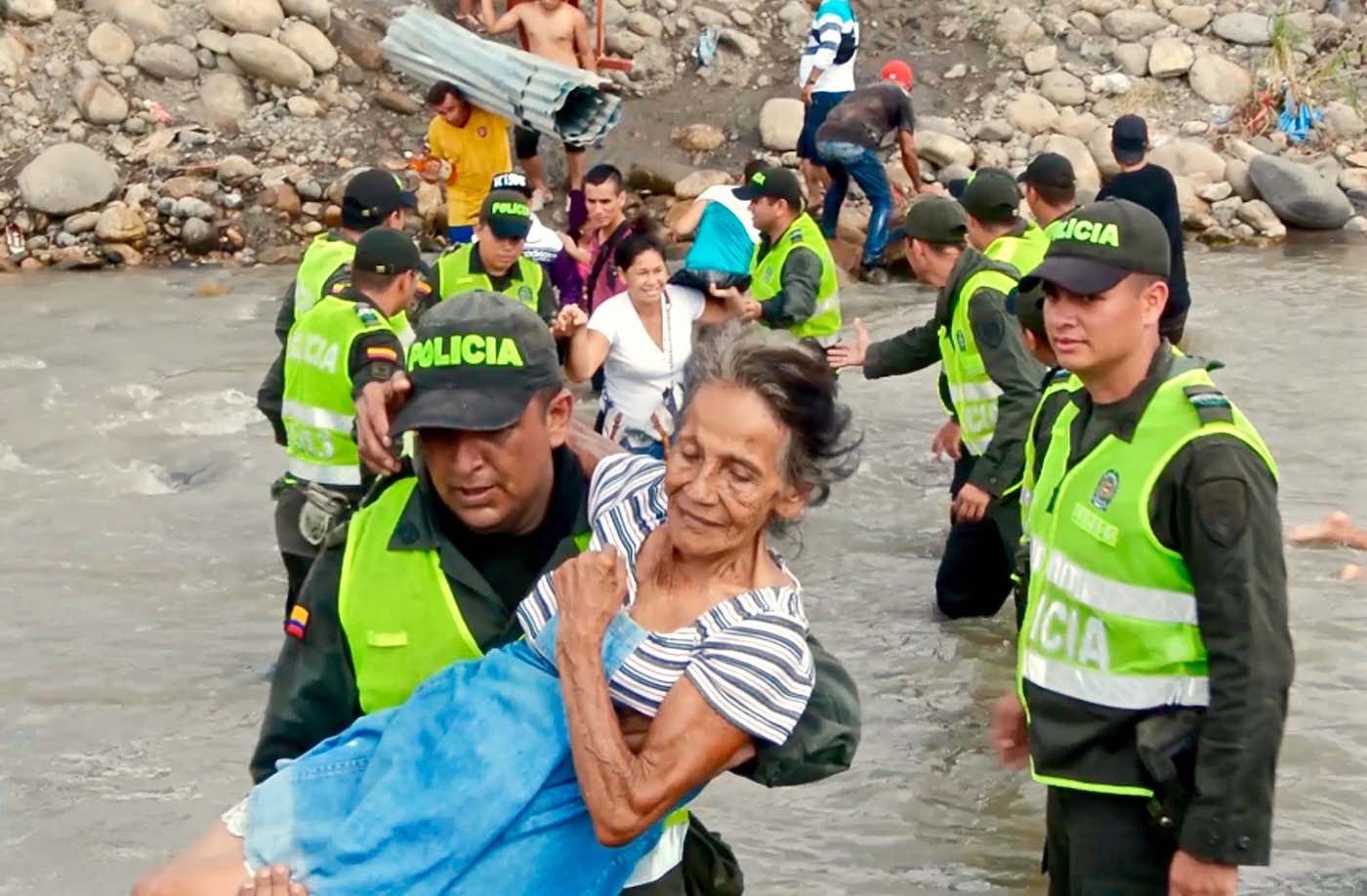ImpactAlpha, Feb. 20 – Migration and displacement are unfortunate growth sectors in Latin America.
Migrants continue to flee the troubled ‘northern triangle’ of Honduras, Guatemala and El Salvador. With U.S. border policies stopping many Central American migrants at the border, Mexico is grappling with its own influx of refugees and immigrants.
Further south, more than five million Venezuelans, 15% of the population, have fled the collapsing economy in “the world’s largest forced migration you’ve never heard of,” as Migration Policy Institute’s Andrew Selee told the Financial Times.
Migration is escalating as conflict and climate change disrupts agricultural traditions and livelihoods: More than 1.4 million Central Americans could seek refuge by 2050, estimates the World Bank.
Public funding. Baja California is creating a regional fund to invest in economic development ventures that speed the integration of refugees and displaced people, as well as housing, financial inclusion, education and childcare. The Baja California Fund for Inclusion, anchored by $2.5 million from the state government and additional capital from private U.S. and Mexican investors, is designed in partnership with the Refugee Investment Network.
Easing the strain. Colombia is bearing the brunt of Venezuela’s exodus. The World Refugee Council is backing a Social Infrastructure Investment Fund focused on financing social infrastructure projects in Colombia to help address the influx of Venezuelan migrants.
The blended capital fund aims to catalyze other funds and help “create alternate financial vehicles that can help these countries manage these enormous strain on their housing, medical and education systems,” said David Goldfield, who is leading the development of the fund, which aims to raise $100 million.
Capital on the move. “We think impact investors are possibly the best-placed actors to solve the refugee problem,” the Refugee Investment Network’s Christine Mahoney said at the FLII. “We need proactive social entrepreneurs and impact investors finding creating ways to integrate refugees into the economy.”
Mobilizing private capital to back solutions to the migration crisis in Latin America
The network has identified at least 120 social businesses in Mexico with potential to become ‘refugee lens investments’ with technical assistance and outcomes-based investment. Two-thirds could measurably improve lives for displaced people. The RIN plans to launch new investment partnerships across Mexico at a catalyst meeting on Feb. 20.











